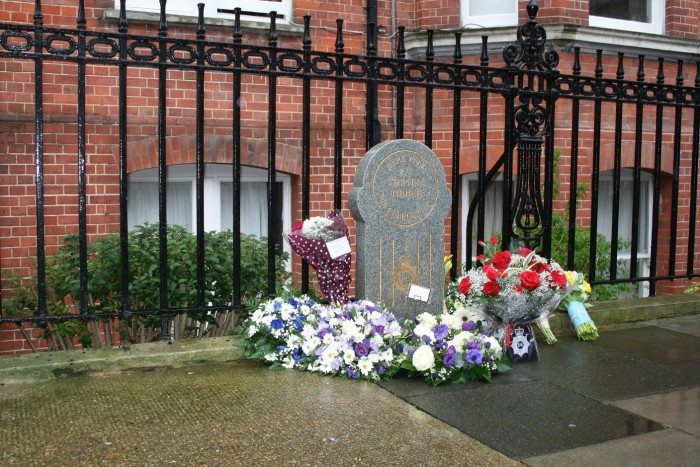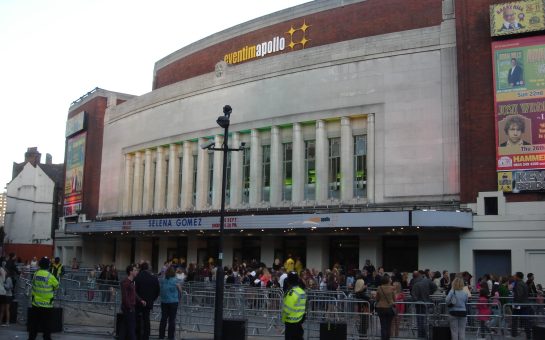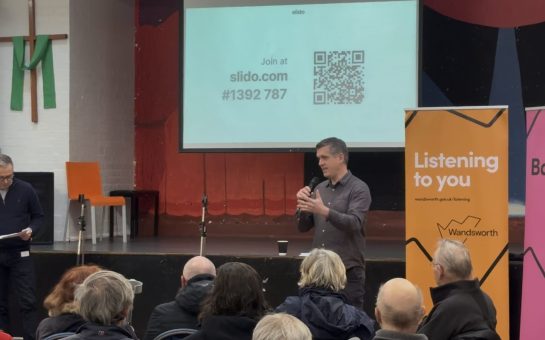A memorial service was held this week by the Metropolitan Police in Hammersmith in honour of a police officer who died in 1975.
Police Constable Stephen Tibble, who was 21 and married, lost his life when he attempted to detain an IRA terrorist suspect.
Commissioner Sir Bernard Hogan-Howe joined police offers as well as friends and family of PC Tibble to mark the 40th anniversary of his death yesterday.
The commissioner opened the service with a unique tribute to PC Tibble and fellow fallen officers from the Metropolitan Police.
 ANNIVERSARY: Flowers were laid at PC Tibble’s memorial
ANNIVERSARY: Flowers were laid at PC Tibble’s memorial
“The anniversary of PC Tibble’s murder will always remain a very sad day for the Metropolitan Police and a tragic event in policing history,” said Commissioner Hogan-Howe.
“Today Met Officers take the same risks on behalf of the community. Today we remember Stephen’s courage and sacrifice.
“For families and loved ones, he is remembered every day. Through this service of remembrance, we will ensure that his memory lives on within the Metropolitan Police.”
On February 26, 1975, undercover police officers were carrying out burglary patrols in the area of Fairholme Road in Hammersmith when one of the officers approached a man acting suspiciously and introduced himself as a police officer.
The man stopped was Liam Quinn, a volunteer in the Provisional Irish Republican Army (IRA), and while he was speaking to the officer he suddenly fled on foot.
PC Tibble, who was off-duty at the time and on his motorbike, witnessed the incident and began chasing the suspect.
He rode past Quinn and the chasing officers and pulled to a stop at the junction on Charleville Road and Gledstanes Road where he got off his bike and tried to stop the suspect unaware he was armed.
Quinn then pulled a gun out and shot PC Tibble three times in the chest at point-blank range.
He died three hours later in hospital.
Officers lost track of Quinn but they later visited the flat on Fairholme Road where he was seen entering and they discovered it was a bomb factory, also containing ammunition and a letter addressed to another IRA volunteer.
The discovery of this flat led to the arrest of a number of other IRA volunteers but Quinn evaded capture and later escaped to Dublin.
Irish courts refused his extradition to the UK before he was arrested by the FBI in 1981 when he attempted to enter California.
However he was not successfully extradited to England until 1988.
In February 1988 Quinn was tried and found guilty of murder and he was sentenced to life imprisonment with a recommended minimum sentence of 30 years.




